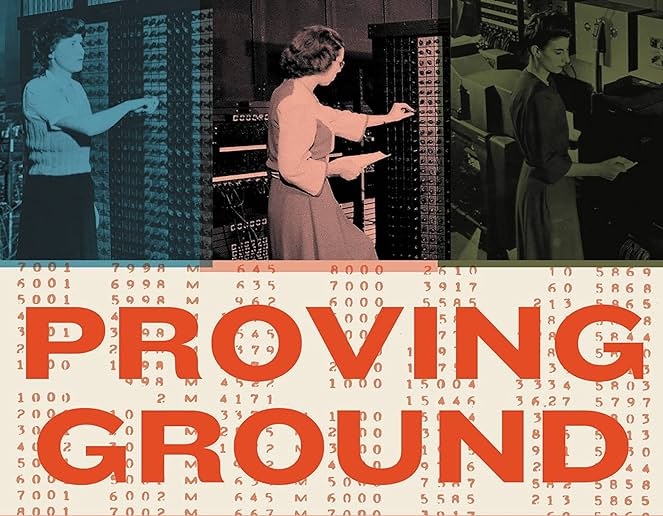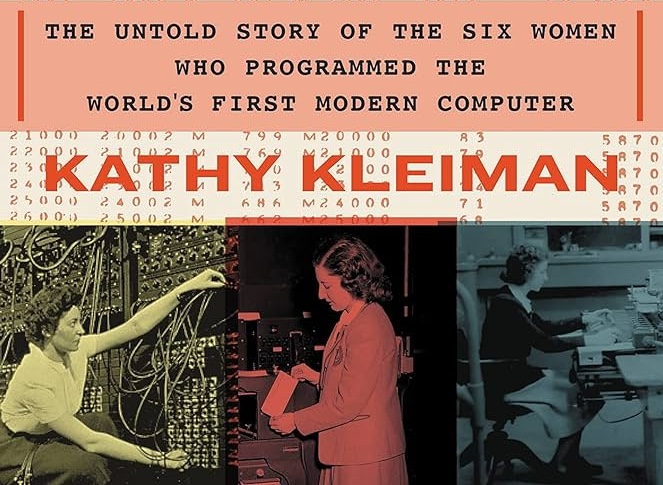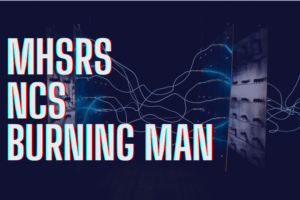Diversity, Equity, & Inclusion In The Field Of Neurocritical Care
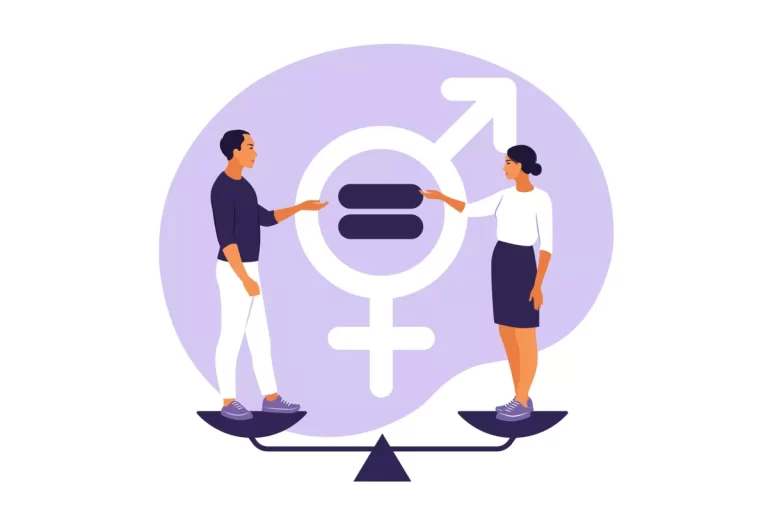
We were hoping to get this issue out by International Women’s Day, March 8; however, other priorities got in the way. We should be aware of gender equality every day: where we came from and what is left to do. I am blessed with being able to work with student interns on a daily basis as they make up a sizable portion of our employee base. I see the diversity today that was absent in my electrical engineering class in the early 1970s. We were all white males except for Susie Rose. She started in our class but halfway through the year she transferred out and not without a reason. I was embarrassed by how some of my classmates treated her.
In medical school, it wasn’t much different with about 20 women in a class of 220, again, mostly white males. I know there are still issues today that need to be addressed, but considerable progress has been made.
In our field, I’ve been impressed with the Neurocritical Care Society and their mission towards inclusion. In the relatively short twenty years of their existence, the diversity in their leadership and policies have been impressive.
I’m also happy to see the pioneering efforts of women in the past finally being recognized in fields where they were overlooked. And I had the honor of getting to know two of them.
In my early years I ran a group focused on the use of computers in the arts, and I got to know Laurie Spiegel, one of the early electronic music pioneers. One of her recordings was commissioned by Carl Sagan and sent into space on the historic Voyager II spacecraft where it has now traveled way beyond Pluto. It turns out much of the early work in computer music was produced by women, and a recent documentary called Sisters with Transistors tells their story.
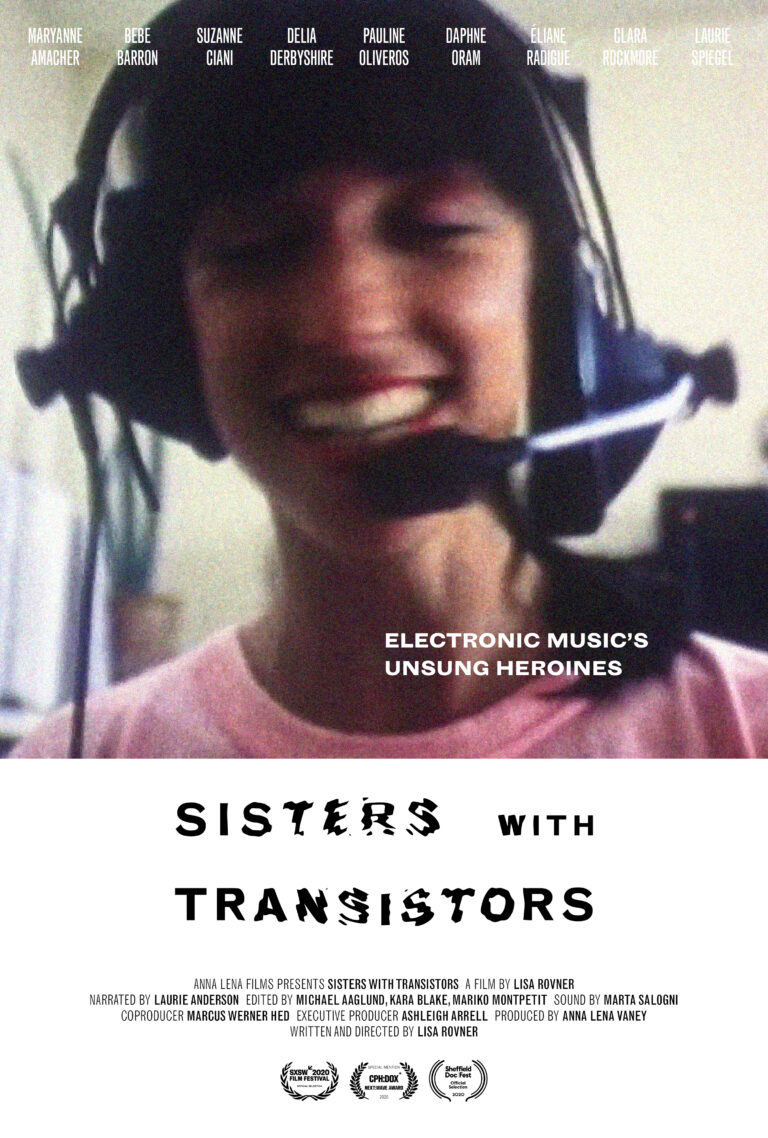
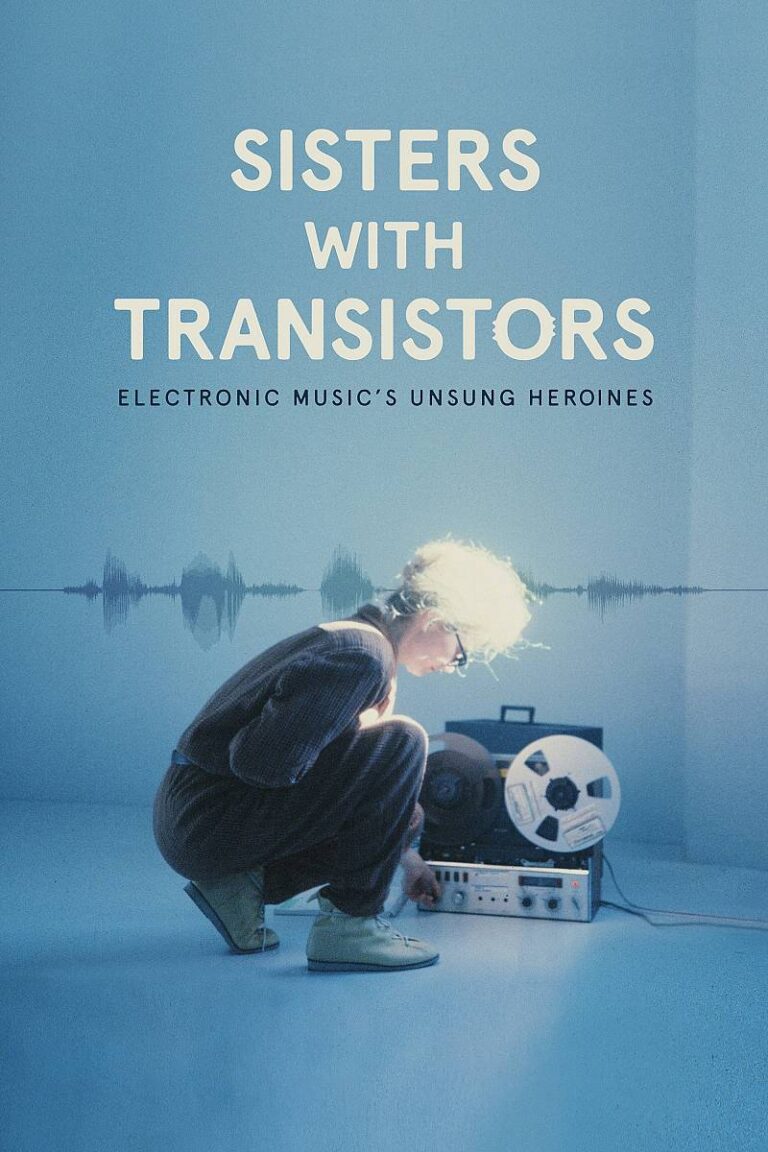
I also had the good fortune to meet the Mauchly family in the late 70s. John Mauchly was a co-inventor of the first digital computer (the ENIAC), and its first programmers were all women. One of them, Kay, married Dr. Mauchly, and I got to know her quite well. Their work was recently memorialized in a book Proving Ground: The Untold Story of the Six Women Who Programmed the World’s First Modern Computer. In 2020, the U.S. Army Research Lab acquired two new supercomputers and named them after two of these women. You can see the “Kay” computer here.
Though we have made considerable progress in my lifetime, my hope is that inspiration from past achievements will help us focus on improving equality and diversity more than one day a year.
